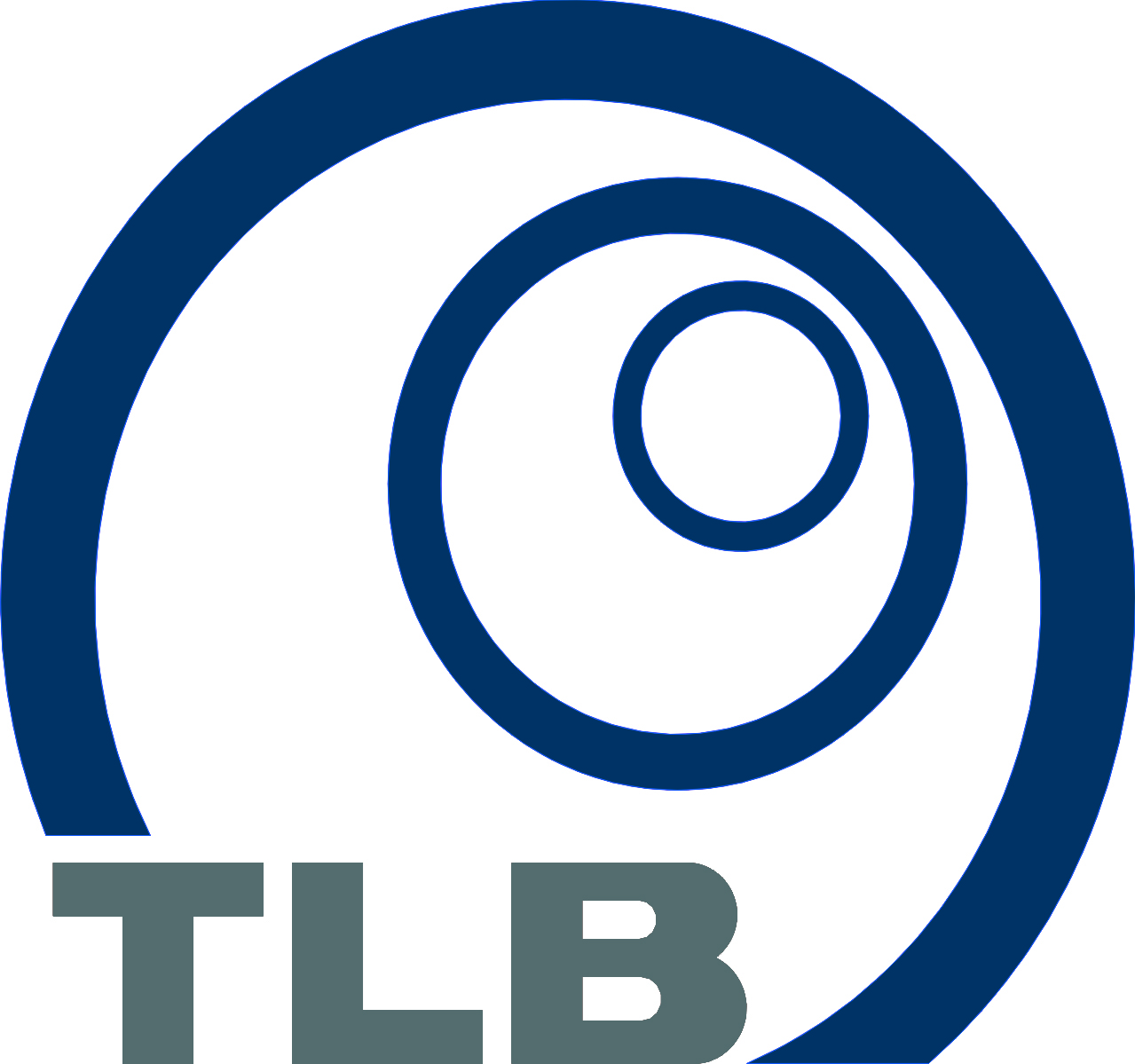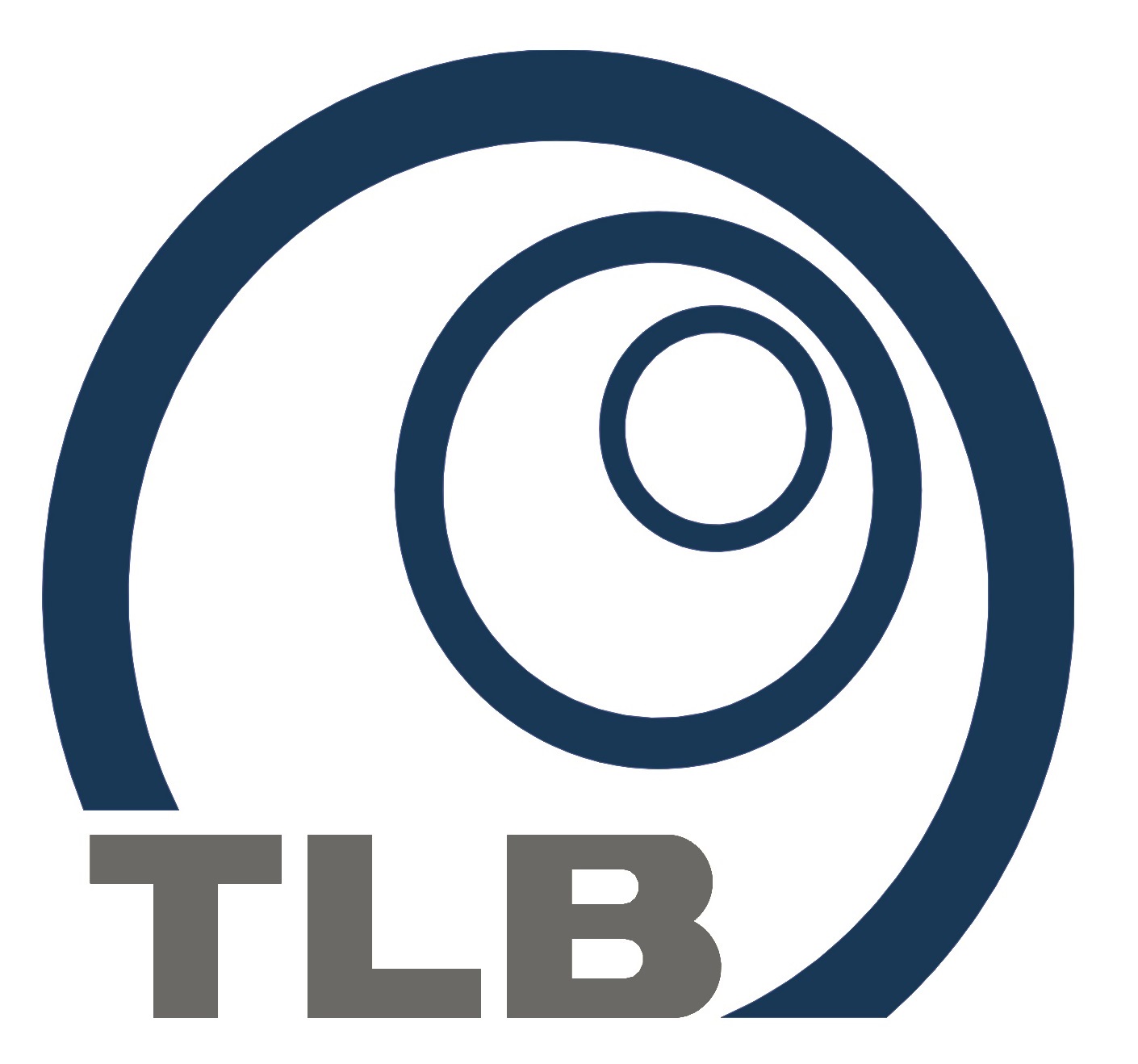- Kursleiter/in: Hans Adden
- Kursleiter/in: Götz Vollmann
- Kursleiter/in: Hans Adden
- Kursleiter/in: Hans Adden
Das Modul soll die Studierenden mit den Grundlagen des Baubetriebs und der Bauverfahrenstechnik sowie deren Auswirkungen auf die Planung, Konstruktion und Ausführung von Bauvorhaben vertraut machen. Weiterhin sollen sie Kenntnisse erwerben, die zur Organisation, Durchführung und Leitung von Bauvorhaben in der Bauleitung dienen. Außerdem werden Methoden des Projekt- und Baumanagements vorgestellt. Die Studierenden sollen lernen, Standardaufgaben aus diesen Bereichen selbstständig zu bearbeiten und ein Grundverständnis für die Methoden zu entwickeln. Sie sollen in die Lage versetzt werden, Vorgänge und Lösungen aus dem Baubetrieb und der Bauverfahrenstechnik kritisch beurteilen und Zusammenhänge dieses Gebietes erkennen zu können [Modulhandbuch - Bachelor Bauingenieurwesen, PO2013]
- Kursleiter/in: Zuzan Azad
- Kursleiter/in: Judith Berns

Das Modul soll die Studierenden umfassend mit dem Gebiet der Bauverfahrenstechnik des Tief- und Leitungsbaus vertraut machen. Sie sollen vertiefte Kenntnisse für spezielle Bereiche des Tiefbaus für die Bewältigung ingenieurtechnischer Aufgaben auf den Gebieten Planung, Bau und Betrieb erwerben. Tiefbau ist das Fachgebiet des Bauwesens, das sich mit der Planung und Errichtung von Bauwerken befasst, die an oder unter der Erdoberfläche bzw. unter der Ebene von Verkehrswegen liegen. Die Studierenden sollen dabei lernen, Aufgaben aus diesen Bereichen selbständig zu bearbeiten und ein spezielles Verständnis für die Methoden zu entwickeln. Sie sollen in die Lage versetzt werden, die gängigen Problemstellungen des Tief- und Leitungsbaus selbständig zielführend zu bearbeiten. Zusammenhänge dieses Gebietes mit anderen Bereichen des Bauwesens als interdisziplinäre Aufgabe sollen erkannt und in die Lösungen der Projektbearbeitung mit eingearbeitet werden. Die Studierenden sollen Kenntnisse erwerben, die zur Vorbereitung und Abwicklung von Bauvorhaben in der Bauleitung und im Baumanagement dienen. Die in der Praxis gängigen Methoden sollen angewendet werden können.
Die Vorlesung behandelt das erweiterte Basiswissen der Bauverfahrenstechnik. Hierzu gehören:
Bauverfahrenstechnik Tiefbau
· Wasserhaltung
· Baugrubenverbauwände (Trägerverbau, Schlitz-, Bohrpfahlwände etc.)
· Senkkästen
· Injektionstechniken im Baugrund (Nieder- und Hochdruckverfahren etc.)
· Mikropfähle
· Unterfangungen
· Deckelbauweise
· Klassische Abdichtungstechniken
· Fugenkonstruktionen
Bauverfahrenstechnik Leitungsbau
· HDD Horizontalbohrtechniken
· Steuerbare Verfahren
· Nicht steuerbare Verfahren
· Offene Bauweisen
Siehe Modulhandbuch S. 40 ff.
http://www.fbi.ruhr-uni-bochum.de/fbi/mam/content/pruefungsamt/master_bauingenieurwesen_po2013.pdf
- Kursleiter/in: Nils Malte Gramlich
- Kursleiter/in: Matthias Rengshausen
- Kursleiter/in: Britta Schößer
- Kursleiter/in: Markus Thewes

The module is intended to familiarize students comprehensively with the whole field of tunnelling. The participants will acquire in-depth knowledge for engineering tasks in the areas of planning, construction and operation of tunnels. The students will learn to independently work on tasks from these areas and to develop a specific understanding of the methods. They will be enabled to solve the common problems of tunnel design and construction and to work independently and purposefully. Relations of this area with other areas of civil engineering as an interdisciplinary task are recognized and integrated into the solutions. The students will acquire knowledge that is necessary for the preparation and execution of construction projects of tunnel construction. The methods commonly used in practice shall be applied.
Content:
Design, engineering and technologies in Tunneling
- Planning methods for tunnel construction
- Methods and components of for temporary and final tunnel lining
- Conventional Tunneling
- Excavation techniques for soil and rock
- Conventional tunnelling with mechanised excavation of the rock mass
- Sprayed concrete method
- Compressed air method
- Mechanized tunnelling, different Tunnel Boring Machines adapted to the boundary conditions on rock and soil formations
- Single-shell and double-shell tunnel linings
- Special construction methods
- Monitoring and process management
- Special features of tunnelling logistics and ventilation
- Safety aspects during construction and operation
- Settlement prediction for green-field and buildings
- Technical principals of manned techniques – steerable
- Microtunnelling,
- Pipe Jacking
- Construction and structural analysis of Jacking Pipes
- Jacking Forces, Jacking Force Prediction
See Module handbook
- Kursleiter/in: Julius Fründt
- Kursleiter/in: Nils Malte Gramlich
- Kursleiter/in: Anna-Lena Hammer
- Kursleiter/in: Matthias Rengshausen
- Kursleiter/in: Britta Schößer
- Kursleiter/in: Marius Schröer
The performance-related design and the process engineering layout of a Tunnel Boring Machine (TBM) is an important interface on tunnel construction sites between the disciplines of civil engineering, geotechnics and mechanical engineering. The associated know-how enables the engineer to make a correct selection and dimensioning of individual components of the TBM and thus potentially determines the safety as well as the structural and economic success of a mechanised tunnel advance. It is therefore an indispensable tool for future Tunnel Engineers and Tunnel Project Managers in the field of mechanized tunneling.
The students are introduced to the different machine types and details, which vary depending on the specific geotechnical boundary conditions. They will learn how to dimension them, to which details special attention must be paid, which special solutions exist and in which direction research and development is currently moving in this area.
The lecture deals with the extended basic knowledge of construction process engineering.
• Definition of different types of Tunnel Boring Machines and application ranges
• Detailed consideration of assembly units
• Shield (geometrical correlations, hydraulic forces of thrust jacks, load assumptions and evidence)
• Cutting wheel / cutterhead (excavation process, soil excavation, application ranges, wear and change of
cutting tools)
• Cutterhead Drive (torque, sealing systems, lubrication and monitoring)
• Handling of segmental linings and of alternative tunnel lining systems
• Conveyor systems (hydraulic transport, screw conveyor, belt conveyor, monitoring of excavation
volume)
• Backup installations and TBM Logistics
• Customized solutions (accessible Cutting Wheel, Variable Density Machines)
• Emerging Technologies (Robotics, large Diameter, Diagnosis and Maintenance)
- Kursleiter/in: Nils Malte Gramlich
- Kursleiter/in: Matthias Rengshausen
- Kursleiter/in: Marius Schröer
• Introduction: underground sewer and pipeline engineering
• Open cut method – practical use
• Structural safety of pipes in open-cut construction
• New sewers and pipelines using trenchless methods including pipe jacking
• Rehabilitation – objectives and tasks
• Rehabilitation – Replacement
• Rehabilitation – Repair
• Rehabilitation - Renovation
• Service-life of sewers and pipelines including tightness, root resistance, heavy rainfall events
All teaching materials and lecture dates can be accessed via the webseite klb.uinfra.eu (downloads with user: gast, password: vorlesung).
The courses in Bochum in the winter semester 2024/2025 consist of three live lectures (1 x introduction in October 2024, 2 x conclusion at the end of January 2025).
Introduction and overview (attendance):
14.10.2024, 10:15h-11:45h
Conclusion and questions (attendance):
20.01.2025 10:15h-11:45h
27.01.2025 10:15h-11:45h
Between these dates, students will study at their own pace using the online teaching material (see ‘study material (English) with videos, textbook, etc.’). Individual consultations with the lecturer can be arranged online at any time. To make an appointment please email directly at bosseler@ikt.de.
- Kursleiter/in: Bert Bosseler
- Kursleiter/in: Götz Vollmann
• Regulations and boundary conditions in reference to transport modes
• Operating equipment in tunnels
• Operation of tunnels (concepts, features and structure of control center operation, surveillance and inspection)
• Safety and security
• Rehabilitation and maintenance (points of maintenance, upgrade under operation, rehabilitation techniques, rehabilitation under operation)
• Building management / Tunnel Facility Management (collecting and processing of operation data, operating concept e.g. PPP, Lifecycle-Managemen
- Kursleiter/in: Roland Leucker
- Kursleiter/in: Götz Vollmann
